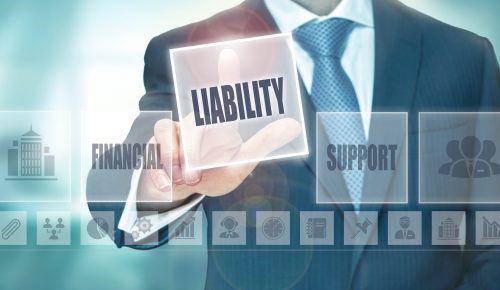 Most of the time, employers are responsible for any car accidents their workers may be involved in while acting in the course of their employment. For instance, a trucking business would be responsible for an accident brought on by a tired driver. However, for the employer to be held accountable, driving need not be one of the employee’s duties.
Most of the time, employers are responsible for any car accidents their workers may be involved in while acting in the course of their employment. For instance, a trucking business would be responsible for an accident brought on by a tired driver. However, for the employer to be held accountable, driving need not be one of the employee’s duties.
Take the scenario where an administrative assistant was sent to the store to get extra pens for the office and ended up getting into trouble. In this situation, the employer would also be responsible. The employer is generally liable for the driving mistakes of its employees, but there are some important exceptions. The going-and-coming rule is one such exception. Read on to learn more and then contact The Law Offices of Larry H. Parker at 800-333-0000 for a free legal consultation if you have been involved in an accident while working.
The Going and Coming Rule is what?
According to the “going and coming rule,” when traveling to and from work, an employee is typically acting beyond the bounds of their position. This would imply that an employee’s everyday commute-related accidents are not the employer’s responsibility.
To the leaving and coming rule, there is one exception. The particular errand exception is what it’s known as. Company is once more responsible for any accidents caused by an employee if they are traveling to or from the workplace on a special errand that was ordered by the employer.
A court decision upholds the “going and coming” rule.
The going and coming rule was recently discussed by the California Court of Appeal. Vincent Inte Ong caused a car accident on his way to work at Genetech, according to Morales-Simental v. Genetech Inc. Normally, this would appear to be a clear instance of the going and coming rule, absolving Genetech of responsibility for the accident.
Ong was driving to Genetech on his day off, according to the plaintiffs, thus this was a “special mission.” In response, the defense offered proof that Ong had chosen to work on his day off out of convenience rather than at the request of the firm. The plaintiffs appealed after the trial court ruled in favor of the defense.
Even though Ong was a lead technician with supervisory authority, the Court determined on appeal that he could not direct himself to report to work on his day off. As a result, his commute did not qualify as a unique errand and was still covered by the going and coming rule.
In addition, the court stated that enabling employees to direct their own completion of special tasks would make it impossible for employers to monitor their workers’ off-shift driving activities and subject them to unfair liability for accidents.
Have you been hurt by a worker?
Targeting the employer in a vehicle accident injury claim is definitely worth thinking about if you were hurt in a crash that was the fault of an employee. Call 800-333-0000 right away to speak with The Law Offices of Larry H. Parker and discover more about your rights and alternatives.



